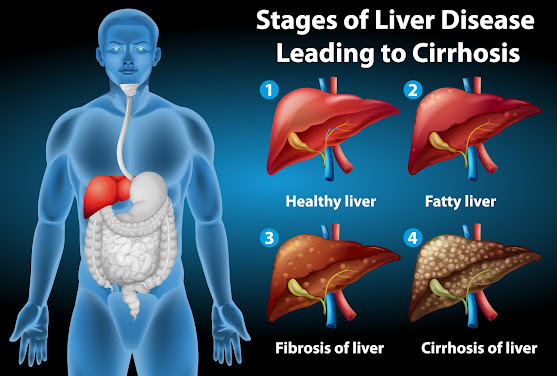Swallowing Difficulty - What Causes It?
Swallowing difficulty, also known as dysphagia, occurs when
a person experiences difficulties with any aspect of the swallowing procedure. Weak muscles in the tongue or cheek might
make moving the food around during chewing difficult. Food fragments that are
too large to swallow can become lodged in the throat and restrict the airway.
Other conditions include the inability to initiate the swallowing reflex as a
result of neurological issues or a stroke.
Individuals with such challenges are unable to initiate
muscular contractions that allow food to pass from the mouth to the stomach. An
extra issue can arise when the throat muscles are unable to convey all of the
food to the stomach. Food particles may fall or be sucked directly into the
windpipe. This results in lung infection.
In severe cases, the individual who is unable to swallow
adequately may be unable to eat enough foods to stay healthy or maintain a
proper weight. When liquids or foods get within the windpipe of a Dysphagia
patient, throat clearing or coughing cannot remove them. If liquid or food
lingers in the windpipe, it can enter the lungs and provide a breeding ground
for harmful bacteria. A serious infection, such as aspiration pneumonia, could
arise.
Swallowing issues may also include the formation of a pocket
in the exterior portion of the esophagus as a result of esophageal wall
weakening. This compartment absorbs some of the food that has been swallowed.
Undigested food will be transported into the pharynx while sleeping or lying
down. Food becomes stuck because the esophagus
is too thin. Worse, this item may prevent other foods from entering the
stomach.
Swallowing problems,
often known as dysphagia, can have a variety of causes. Dysphagia can be caused
by any issue that damages or impairs the nerves and muscles required for swallowing. It is, for example, one of
the signs of Huntington's disease. As a result, there would be a lack of
nutrients and fluids, as well as stress, depression, isolation, and pneumonia.
Swallowing difficulties may be accompanied with pain while swallowing. Some of
the patients are utterly unable to swallow. They have difficulty swallowing foods,
beverages, and even saliva. It takes a lot of work to eat.
Finally, it is difficult for patients to ingest enough
fluids and calories to keep their bodies healthy. If you are looking for Best
Swallowing Disorder Treatment, then consult the best gastroenterologist for Best Swallowing Disorder Treatment in
Indore.




Comments
Post a Comment